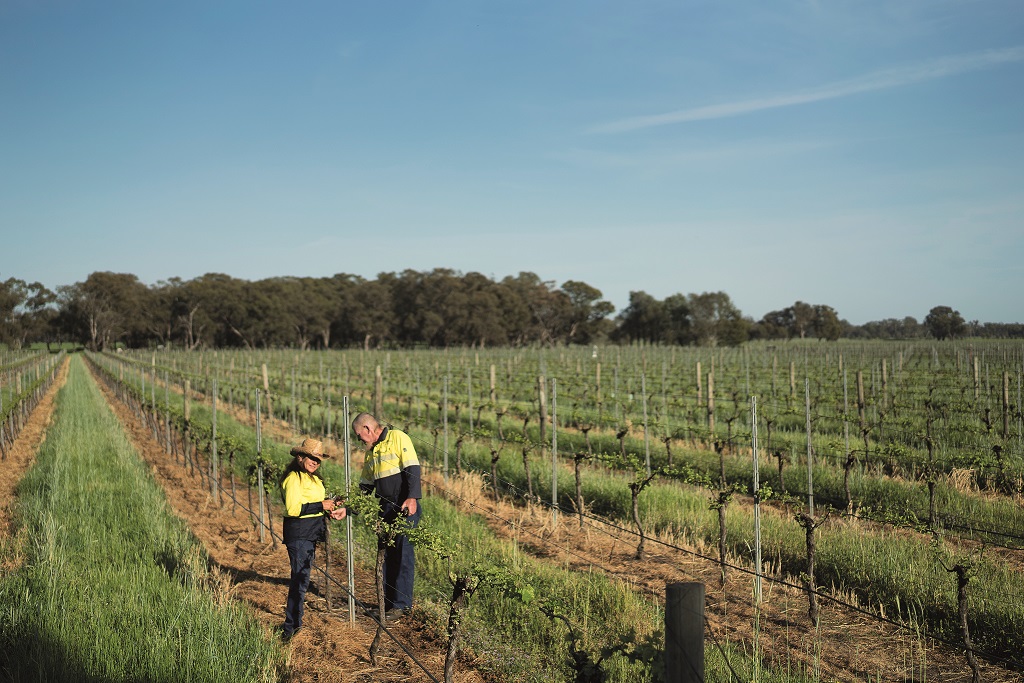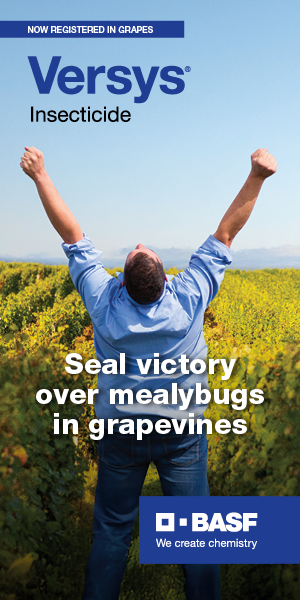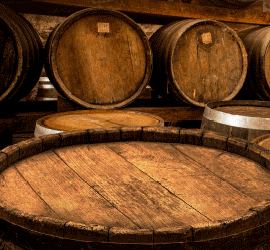Image: Jimmy Walsh Photography
The challenges of 2020 have upended business operations across many industries. While thousands of jobs were lost more broadly, the wine industry’s essential service status ensured it was business as usual to a great extent.
But, like many Australian agricultural sectors, viticulture relies, to varying degrees, on seasonal workers travelling from interstate and overseas to our wine regions.
Journalist Samuel Squire asked how labour hire has been affected by pandemic restrictions, and what the likely prospects are for the coming vintage.
The ongoing effects of COVID-19 restrictions have had a serious impact on the ability of some vineyard operators to secure seasonal workers heading into the new vintage.
Perhaps not surprisingly, the situation in Victoria has reportedly been especially dire, with a number of wine companies redeploying frontline cellar door staff, for example, to undertake work in vineyards and wineries.
General manager of Rutherglen’s Stanton & Killeen Wines in North-East Victoria, Natasha Killeen, says producers have been left competing for available workers.
“Many wine businesses are feeling the effects of border closures and COVID-19 restrictions this year, especially in the lead up to vintage,” Killeen said.
“Normally, there is a lot of movement with vintage casuals between Australian states and international countries as people seek to increase their skill set and experience.
“But, without the influx of international labour and the free movement between the states, there is a lot of competition for the limited availability of skilled and willing workers who are currently in Australia,” she said.
Killeen also voiced her concerns about the apparent lack of interest in people wanting to go out and work in vineyards and wineries, saying she believes this is an issue the Australian wine industry “should be actively trying to remedy now, before things become critical”.
She added that the number of people wanting to work specifically in viticulture seems to be falling, but said that winery work remains an attractive prospect for many.
Killeen said that, even before the pandemic, demand had been high for skilled viticulturists and vineyard workers.
“[This] is a growing issue in the Australian wine industry that we should all be concerned about and we should be actively trying to remedy now before things become critical – which some argue it already is,” she explained.
“To put it simply, there are not enough people studying viticulture or thinking about it as a career path, which is resulting in a critical shortage of skilled vineyard workers, managers and high level viticulturists.
“The best talents in viticulture are in hot demand and, at the end of the day, it’s a bidding war between the businesses in the most desirable locations and the ones with the most resources, such as offering an extremely attractive remuneration package or investing in the latest vineyard technology and equipment.
“There is still interest in viticulture. However, the winemaking and marketing aspects of the industry seem to be more in favour at the moment.”
She says there should be a greater focus on vineyard staff.
“I feel strongly that we should be shouting from our roof tops about our viticulturists just as much as we do about our winemakers.
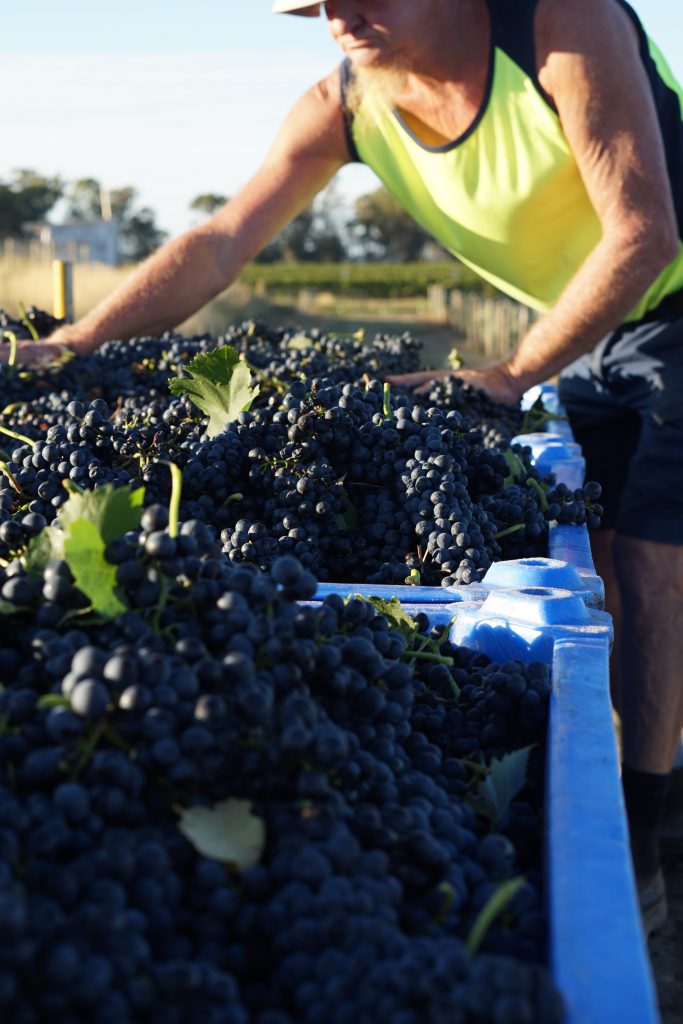
“Historically, the focus on wine has been about passionate and skilled winemakers who can make a great drop, however a great wine is nothing unless you have access to high-quality grapes.”
Adapting to survive
While negotiations between industry and the Federal Government are underway to address the current shortfall of available labour, wineries that rely on seasonal workforces have had to adapt.“Many wineries rely on trained international labour to assist with vintage to supplement domestic workers. As demonstrated recently in other agricultural industries, the outcome of not having enough labour can be catastrophic for both the primary producer and customers at the end of the supply chain,” Killeen said.
“Like many regional wine businesses throughout this year, our small team, including several more cellar door casuals, has risen to the challenge of getting the job done with an ‘all in’ approach.
“With our cellar door closed for most of the year, there was an opportunity for some people to work on the farm and in the vineyard as well as with other jobs around the winery.
“As a small business, we have done our best to adapt to the current operating environment and I am extremely proud of our wonderful team.”
To remedy any decline in interest, Killeen says that, to start with, the wine industry should be promoting viticulture as a rewarding, challenging and dynamic career.
“Regional membership groups could offer sponsored work experience placements to give young people a taste of what it is like working in a vineyard, or hold open days for school leavers to experience a working wine business,” she said.
“Currently, these types of initiatives are aimed at people already on the study pathway. But, as vineyards and wineries, we need to be really clear about the benefits of working in viticulture – the connection to the land, the ability to contribute to sustainable practices in the face of climate change, the ever-evolving technology and research advances.
“Viticulture can be great fun as well as a healthy, rewarding career working outdoors.”
Preparing for an influx
If efforts to invigorate people’s interest in viticulture are successful, Killeen says that regional towns in wine regions should prepare for a possible influx, with more investment in available infrastructure.
She says that this year has given the wine industry “a great opportunity” to attract people looking for a career change.
“One positive from the difficult year of 2020 is that regional and rural lifestyle and employment has become front and centre in the media and in people’s minds,” she said.
“It appears that people are much more connected with the ‘paddock-to-table’ movement and have a bigger appreciation for our Australian primary industry supply chains.
“It is a great opportunity for the Australian wine industry to encourage people to move to our grapegrowing and winemaking regions for a fresh start, a career change and to embrace a new lifestyle – different to the city.
“The corollary of that, however, is that our towns need to be prepared with willing and welcoming communities, have good access to residential accommodation, medical and education facilities.
“If international travel continues to be restricted well into 2021 and 2022, there needs to be a huge focus on getting labour out into the regions to keep agriculture, including viticulture, going.”
Outside of Victoria, producers in other states don’t seem to have been affected quite so seriously by labour hire shortages.
Less reliance on seasonal workers
Wine Tasmania chief executive officer Sheralee Davies says growers in her state don’t rely heavily on outside workers.
“With so many small wine businesses in Tasmania, the workforce generally comprises owners and some permanent staff, supported by a seasonal workforce during harvest and pruning,” she said, “Often owners and staff are multi-skilled and necessarily work across the business”.
She says the 2020 Tasmanian vintage was already underway when initial COVID-19 restrictions were rolled out, adding that businesses simply adjusted accordingly.
“Businesses in Tasmania had to adjust to COVID-19 requirements when it landed on Australian shores, including social distancing and increased hygiene procedures,” Davies said.
“This impacted on productivity, slowing things down, and is something that is likely to be the situation for the 2021 vintage as well.
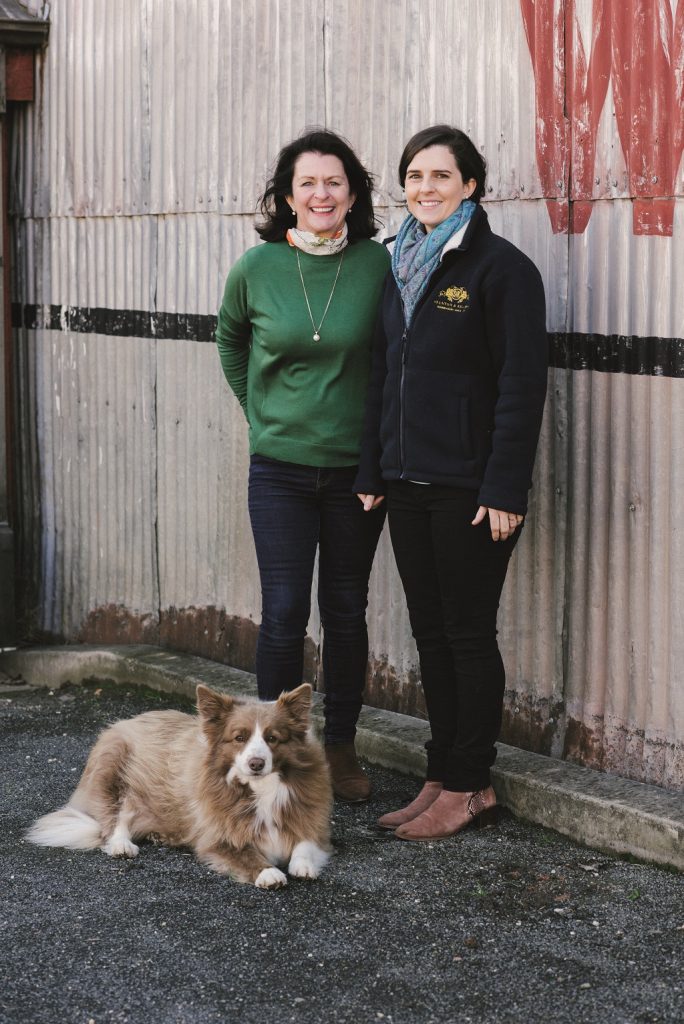
But Davies says potential labour hire issues may hit local producers next year.
“We are also anticipating there may be some shortages in picking staff and will miss our usual, albeit small, contingent of international winery/cellar hand staff as a result.”Much like other wine regions, Tasmanian businesses in 2020 also felt the need to redeploy staff to other areas of operation after the COVID-19 pandemic reduced primary income streams.
While many casual employees felt the ‘pointy end of the stick’ with opportunities limited, some permanent staff were lucky enough to be reskilled before being redeployed.
“That was the case in some Tasmanian businesses,” explained Davies. “The JobKeeper support has been of significant benefit, but there were some issues in terms of some casual staff not being eligible,” she said, “It was more a case of choosing to redeploy permanent staff into other areas of the business, so they continued to have work even if the cellar door was closed while travel restrictions were in place”.
“The feedback has generally been positive, with people gaining direct vineyard and winery experience and taking this into their cellar door or other business roles, to strengthen their knowledge and communication with customers.
“Tasmanian wine businesses are only small and generally operate with a lean, multi-skilled permanent workforce with less reliance on seasonal labour, so people in small businesses often need to be multi-skilled and work across the business.
“There is hope that skills and training will reflect this and become more flexible, recognising skill-based qualifications alongside formal qualifications.”
